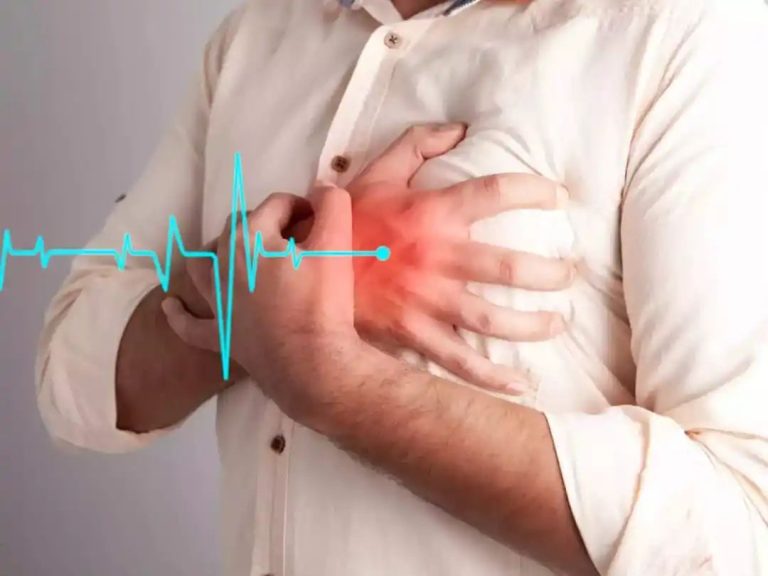IVF pregnancy after 50: Is it safe? What is the successful rate? Read THIS

The safety concerns of women undergoing IVF beyond the age of 35 may pose challenges due to the advanced age. It’s important to note that success rates tend to decline with advancing age due to factors such as diminished ovarian reserve and decreased egg quality.
However, this can vary depending on individual factors such as overall health, underlying fertility issues, and overall health. While older women may have lower success rates with IVF using their eggs, the use of donor eggs can significantly improve the chances of achieving a successful pregnancy.
Here are some key considerations regarding IVF for women beyond the age of 50:
1. Diminished ovarian reserve: With age, eggs’ quantity and quality decline, making it harder to retrieve viable eggs for fertilization during IVF. This often results in a limited number of available eggs, reducing the success rates of IVF using a woman’s own eggs.
Does IVF always lead to twins? Understand single embryo transfer in fertility treatment
2. Increased risk of pregnancy complications: Advanced maternal age is linked to a higher likelihood of pregnancy complications such as gestational diabetes, hypertension, preeclampsia, and placental abnormalities. These issues can significantly impact the health of both the mother and the baby during pregnancy and childbirth.





